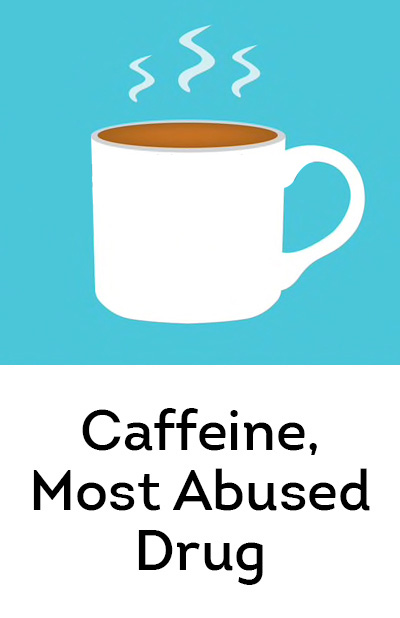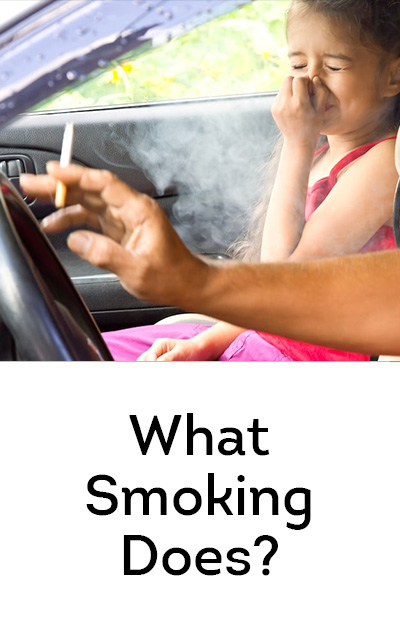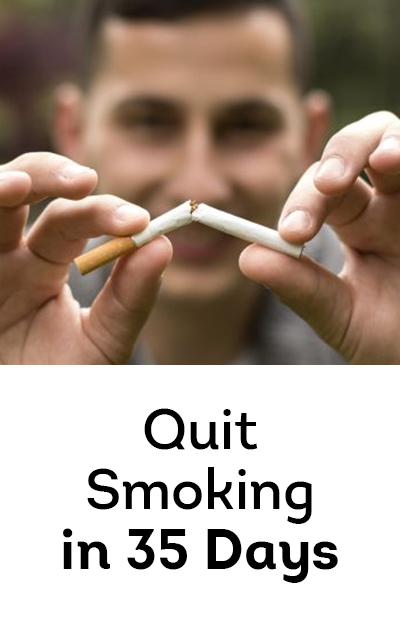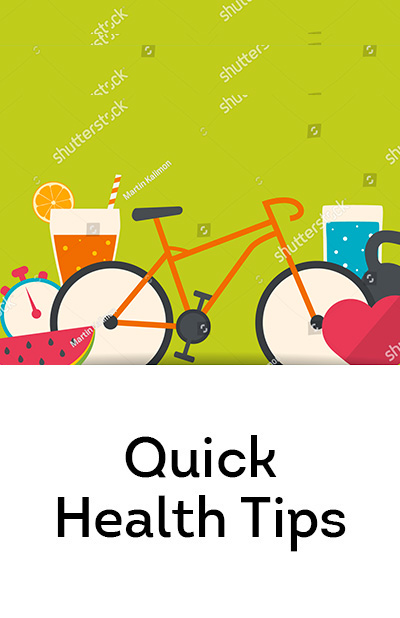CAFFEINE: Most Abused Drug
Don’t Touch That Cup of Coffee

Caffeine is a central nervous system stimulant. It is legal and found in many beverages, including coffee, tea and colas, and in some chocolates. It is the most widely abused drug in the world. Caffeine induces a slightly elevated mood, alertness, and sensitivity of touch, smell, sight and hearing. It can also cause nervousness, irritability, insomnia, tremors, and depression. The physical effects can include constricted cerebral blood vessels, increased blood flow in the body, heart stimulation, increased basal metabolic rate, limited glucose metabolism, relaxation in some smooth muscles, and increased urine flow.
Other harmful effects can include:
- rapid, irregular heartbeat
- increased blood pressure
- high blood sugar levels
- urine acid
- tremors
- convulsions
- headache
- "caffeinism" (ringing in the ears, extreme sensitivity to pain and touch)
- sleep disorders
- possible cancer-causing effects
- withdrawal effects
- death from convulsion
- heart and breathing problems due to overdose
- overdose can be fatal in children
Are You Addicted?
Dependence on caffeine develops with a tolerance to its harmful effects and thereby creates a psychological need for it. Abstinence syndrome can begin within 18 hours of the last dose. This can bring on symptoms such as anxiety, nausea, lethargy, muscle tension, headache, constipation, and inability to think clearly. Unborn children may be affected by caffeine passing through the placenta.
Source: www.cmcsb.com/caffeine.htm
Findings of a Legendary Nutritionist
Dr. Norman W. Walker opined if distilled water had the ability to separate caffeine from the coffee we consume and if it was directly passed on to the kidneys, then the body would have not been as adversely affected by the harmful effects of caffeine. Countless number of people are daily consuming beverages such as coffee, tea, soft drinks, energy drinks etc. which contain caffeine with utter disregard to the consequences it will have on their health. Caffeine disrupts the functions of the liver and kidneys and impairs the activity of the heart.
Children Are More Prone to Addiction

Parents who feed their children caffeine-containing foods such as colas, chocolates, tea and coffee are to blame for getting them addicted to it at a tender age, as well as for severely compromising their physical and mental health. So strong are the cravings for caffeine and sugar that children behave in an unruly manner, until parents succumb to their demands and permit them to consume these addictive products.
Eliminate That Dependency
If caffeine was immediately removed from the diet, most people consuming it will not be able to perform their daily activities normally. Those who thrive on a healthy diet and lifestyle, do not require addictive drugs such as caffeine to provide them with a temporary boost of energy. Energy is characteristic of healthy people and is the surest sign of youth and vitality.







